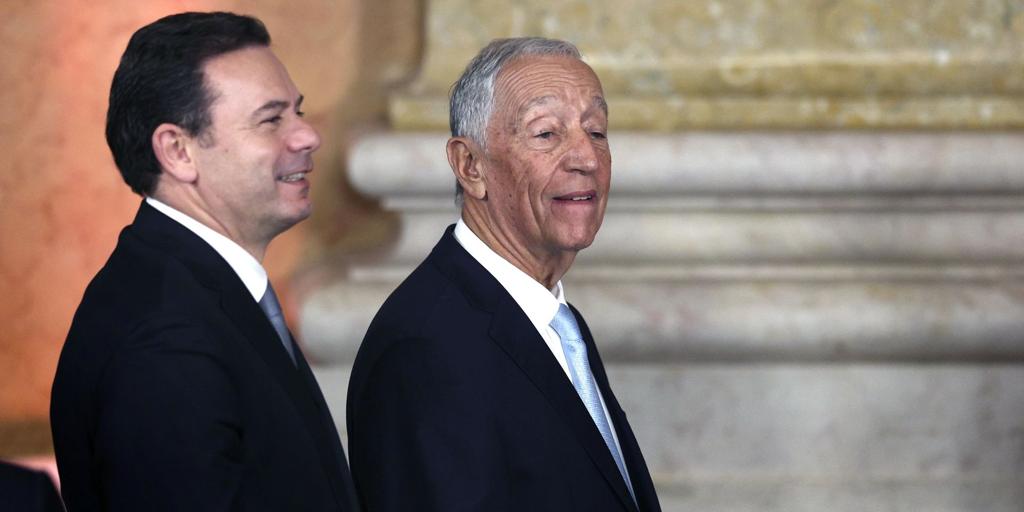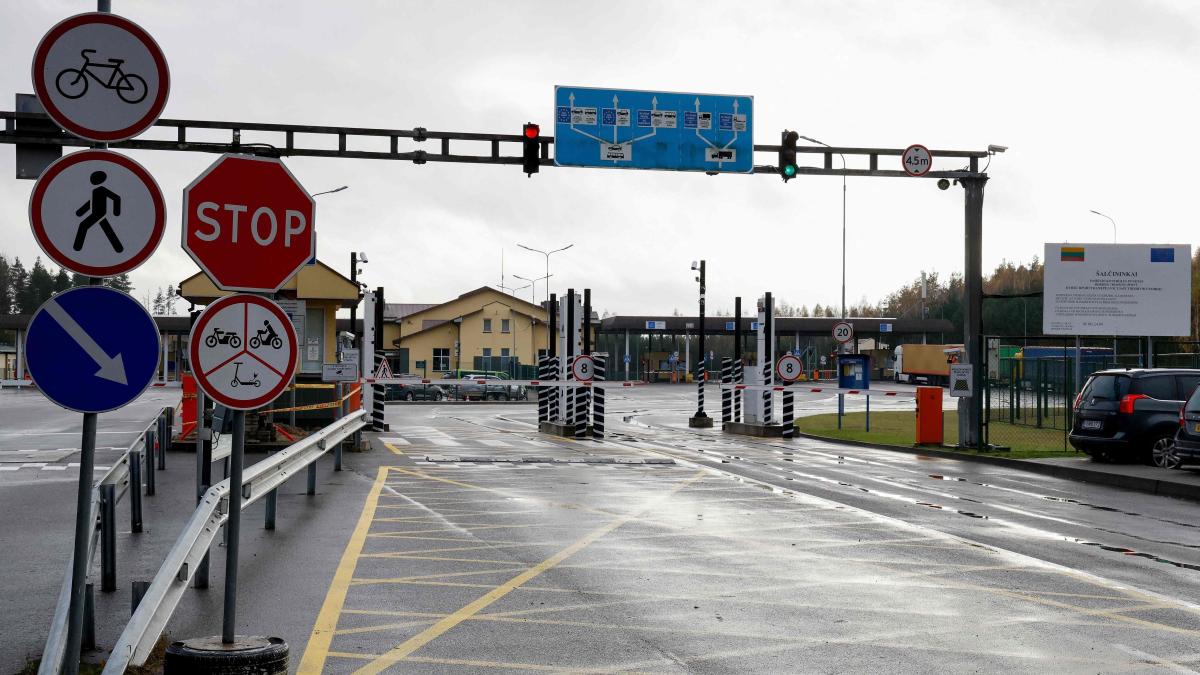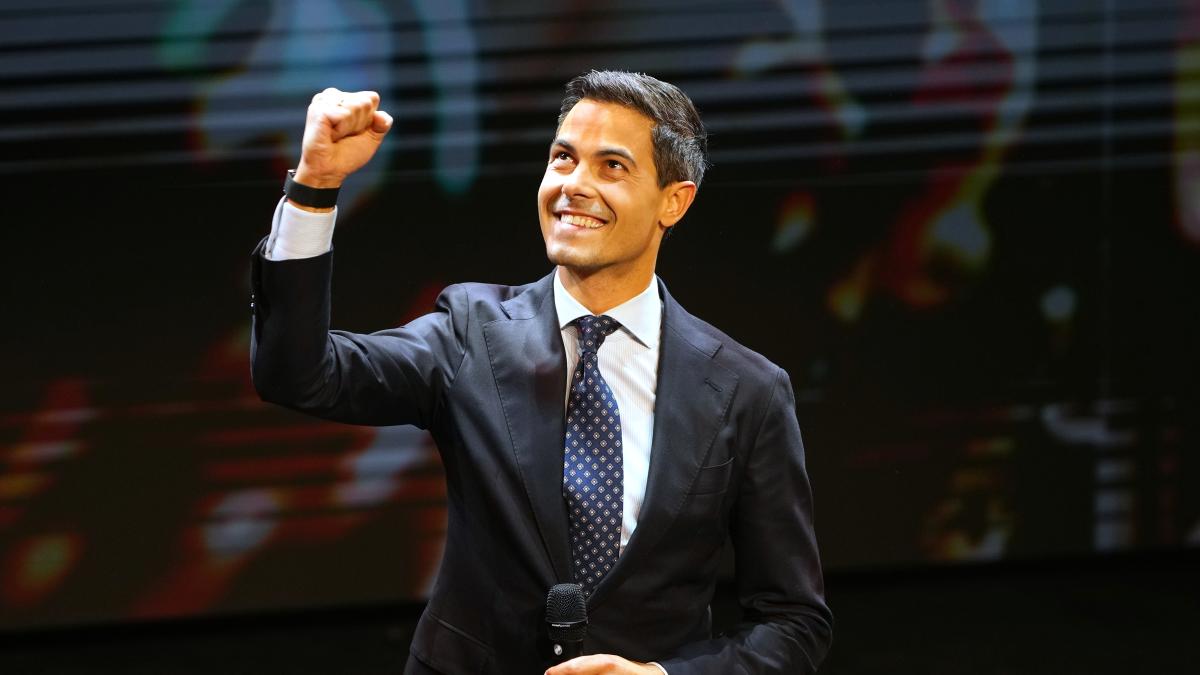“`html
Portugal’s President Takes Bold Stand Against Immigration Overreach
In a shocking display of political bravery, President Marcelo Rebelo de Sousa of Portugal has refused to promulgate the controversial foreigner law that seeks to tighten the screws on immigration. This law, hastily approved by the right and fought against by the left, has raised serious constitutional doubts that the President did not take lightly.
Following discussions with party leaders, the President expressed grave concerns about “constitutional doubts” surrounding seven articles of this bill, especially those aiming to restrict family regrouping. In his decision, he recalled the importance of the right to family and the perilous path the law could lead Portugal down.
Constitutional Court to the Rescue?
The Constitutional Court now has a tight fifteen-day window to conduct a preventive inspection—a crucial check chosen by the President himself. According to official statements, Marcelo Rebelo de Sousa is alarmed that the legislation might infringe upon cherished family rights, making it clear that “family unity is not negotiable.”
A Disturbing Attack on Family Values
The most contentious modification? The proposal that makes it significantly harder for immigrants in Portugal to reunite with their loved ones—specifically children, spouses, and parents. These changes could signal an ominous shift away from family values that many hold dear. It outright threatens an essential mechanism for societal integration and is poised to disproportionately undermine the principle of family unity.
“The right to family is in jeopardy,” warns the President, as he highlights restrictions that would suffocate family regrouping efforts for many families.
The law’s alarming language would impose a two-year legal residence requirement just to initiate family reunification applications. This is less about safeguarding citizens and more about crafting barriers to existing family structures.
Children and Their Rights at Stake
Even more troubling is how the new law introduces a hierarchy among children of various immigrant backgrounds. It draws a stark line in the sand by altering family regrouping criteria for children linked to gold visas and foreign researchers, while it hardens pathways for other immigrant groups. This blatant discrimination risks leaving children perpetually separated from their families—something that no child should endure.
Finally, this could lead to an uptick in irregular migration as desperate family members excluded from regrouping find perilous alternatives to unite with their loved ones. As government notes point out, putting any restriction on family reunification could drive families towards dangerous, illegal routes just to stay together.
The heart of the issue lies in the deep questioning of our national values. Are we really willing to sacrifice family unity in the name of restrictive policies? The answer is a resounding no!
Source link
“`











